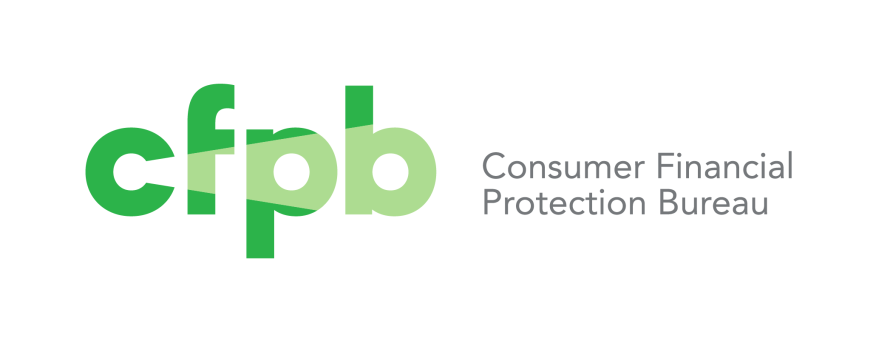CFPB: Focus on Deceptive Advertising

Question: I have heard of recent CFPB’s enforcement actions involving deceptive advertising claims. Can you provide me with more detail?
Answer: Recently, the CFPB (or Bureau) filed a lawsuit against one mortgage lender for false and misleading reverse mortgage advertisements. [United States District Court for the District of Maryland, Baltimore Division on February 12, 2015 (CFPB v. All Financial Services, Inc.)]
Two other mortgage lenders have consented to the issuance of a Consent Order which, among other things, obligates the lenders to file compliance plans with the CFPB, pay significant civil monetary penalties and report certain of their actions to the CFPB. [Administrative Proceeding File No. 2015-CFPB-0005 dated Feb. 10, 2015 (In the Matter of American Preferred Lending Inc.); Administrative Proceeding File No. 2015-CFPB-0006 dated February 11, 2015 (In the Matter of Flagship Financial Group, LLC)]
In the lawsuit against All Financial Services, the Bureau alleged, among other things, that the lender misrepresented the source of its advertisement by including an eagle resembling the Great Seal of the United States with the headers, “Government Lending Division” and “Housing and Recovery Act of 2008 Eligibility Notice.” Further, the Bureau claimed that the lender advertising a reverse mortgage payment as having “no monthly payments” is misleading, since a borrower is still responsible for taxes and insurance.
In one of the Consent Orders (supra, Flagship Financial), the Bureau took issue with mailings that included the header, “Pursuant to the Federal Housing Administration (FHA) HUD No. 12-045” and that the mailer directed consumers to contact their “assigned FHA loan specialist.” In the other Consent Order (supra, American Preferred Lending), the CFPB objected to mailings that included the FHA-approved lending institution’s logo, along with reference to a FHA website, while obscuring the source of the advertisement. The CFPB deemed this to be misleading to a consumer as it provides the impression that the lender is in some way affiliated with the government.
Based on these recent enforcement actions, the Bureau is focusing attention on preventing not only false but also misleading advertisements. Residential mortgage loan originators must be particularly cautious in how they market their products and services. The lawsuit and Consent Orders referred to above make it clear that misleading claims of federal authority or affiliation will not be tolerated.
Michael G. Barone is director of legal and regulatory compliance at Lenders Compliance Group. He may be reached by e-mail at [email protected].





